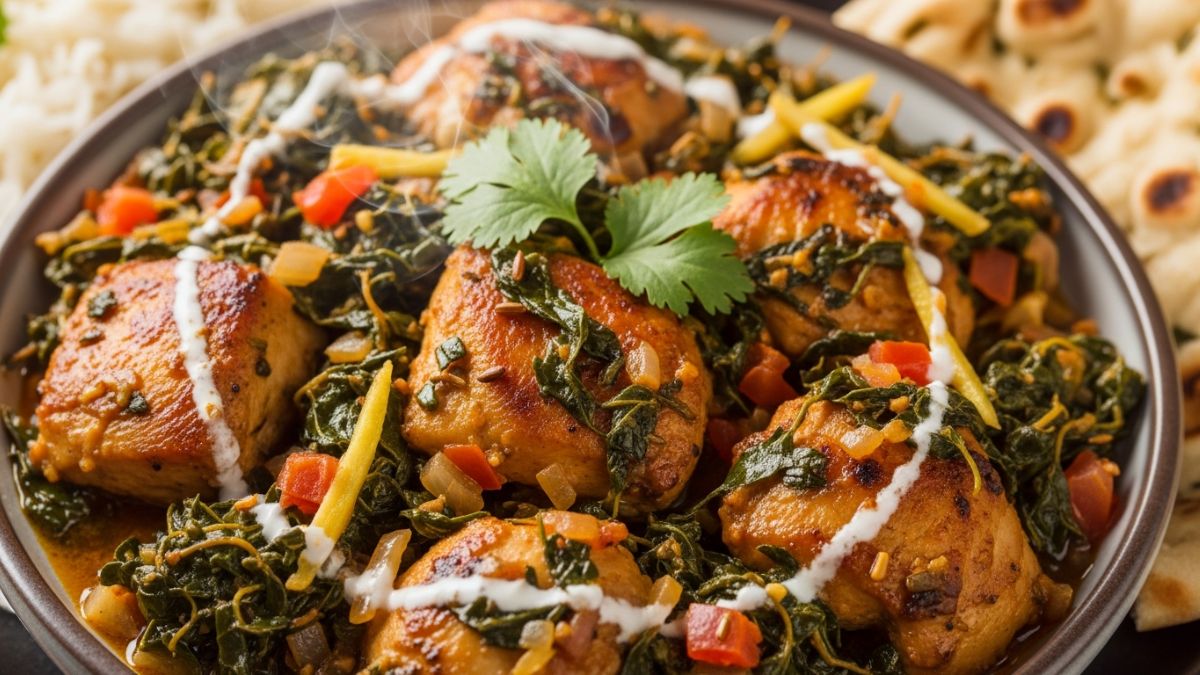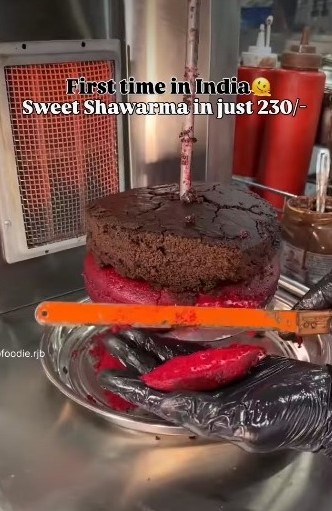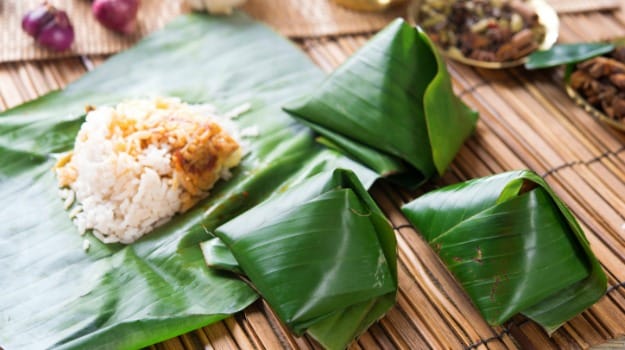She buys the leaves from Asia Market in Manhattan's Chinatown, about a dozen a pack with the midribs cut out, folded like tablecloths. Unfurled, they measure 3 to 4 feet long and a foot wide. Some are scarred or torn; from these she snips smaller shapes to wrap around suman (sticky rice cakes) before steaming.
At Jeepney, two nights a week are devoted to eating kamayan (kah-MY-ahn) style, with banana leaves spread over tables and food - slow-roasted pork with bagoong (fermented shrimp), adobo head-on prawns, sweet-hot tubes of longanisa - piled on top, without intervening china or silverware. One morning in Ponseca's apartment in Brooklyn, she prepared a slightly more modest feast, including bibingka, a rice-flour pancake swollen with coconut milk and approaching the texture of souffle. It had salted duck eggs sunk at the center and sat in a skillet atop a banana leaf with a frayed fringe.
Ponseca, 38, grew up in what she calls "a very white neighborhood" in Southern California. But when she came home, she took off her shoes, made rice and sat down to traditional Filipino dishes like sinagang (tamarind soup) and kare kare (oxtail and peanut stew) - all cooked by her father, who, like her mother, is an immigrant from the northern Philippines.
She moved to New York City in 1998 with $75 and a vague plan to rent a room in a Filipino convent. "I gave myself two weeks to make it," she said. Soon she was working in advertising and wooing clients at big-name restaurants. When some expressed interest in trying the food of her heritage, she didn't feel comfortable taking them to the cafeterialike turo-turo joints in Queens. "I wanted a great restaurant," she said. "I wanted cocktails."
Eventually, she took matters into her own hands, finding a chef (a Dominican interested in learning Filipino recipes, which her father wrote out in longhand) and in 2011 a space for a "limited engagement" brunch with the help of partners. The first day, there were four customers, including her roommate and a boyfriend. (She comped them all.) By the fourth weekend, there was a two-hour wait for a table. Maharlika opened at a more permanent address that year, and Jeepney followed in 2012.
On the stove, the banana leaf was starting to shine. Ponseca lifted it and traced the veins. "It's alive now," she said. "It was sleeping."
© 2015 New York Times News Service








